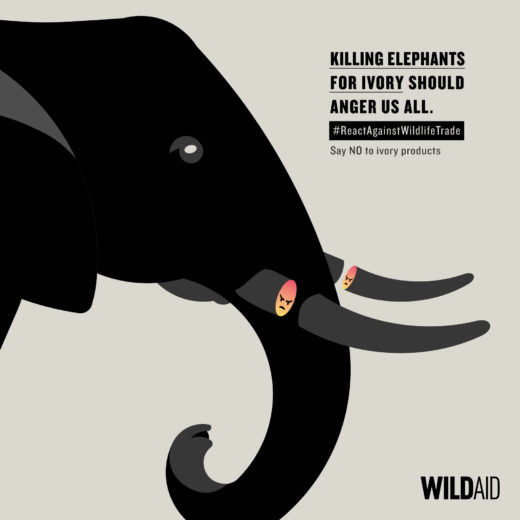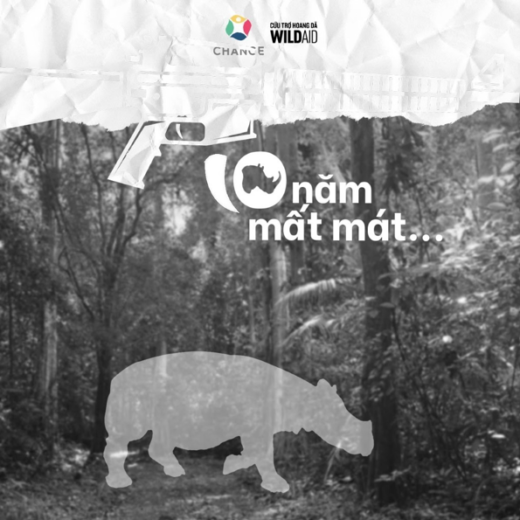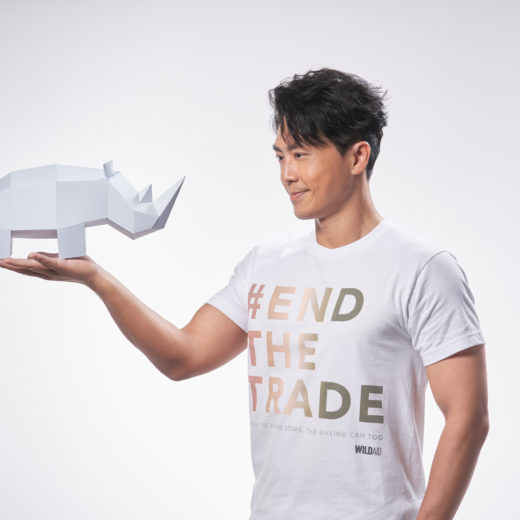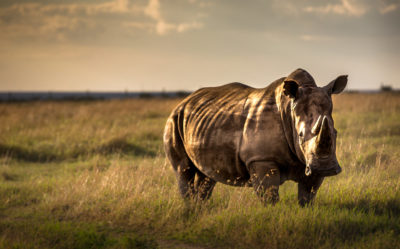
This World Rhino Day a new wave of poaching was averted as countries across the globe voted down two proposals to open trade in rhinos and their parts at the UN CITES wildlife meeting. Meanwhile, WildAid continues to work with government partners in China to raise awareness about poaching with a new social media campaign partnering with state media outlet the People’s Daily.
“We have a lot to celebrate as the international community rejected two proposals that would have increased demand for rhino horn and created an inevitable parallel illegal market,” said WildAid CEO Peter Knights. “Furthermore, China continues to show its leadership by spearheading conservation campaigns that reach millions of people.”
In August CITES members voted against eSwatini and Namibia’s proposals to loosen restrictions on the trade in live southern white rhinos and parts. Formerly known as Swaziland, eSwanti has proposed several times to commercialize trade in their rhinos, including horn and parts. Their proposal was resoundingly defeated in a 25-102 vote by secret ballot.
The voting pattern was very similar at the previous CITES conference in 2016, when eSwatini made an almost identical proposal. This shows that the Parties to CITES are consistent in their view that releasing any rhino horn onto the market would simply “legitimize” it as a tradable commodity in the eyes of the consumer. Having worked hard to reduce consumer demand in Vietnam, leading to a two-thirds reduction in the value of rhino horn, WildAid is determined that such progress should not be undermined for the sake of short-term gain in one country. A long-term loss would be the only outcome of selling rhino horn on the international market.
Namibia proposed to downlist its southern white rhinos from Appendix I to Appendix II, allowing for trade in live rhinos and export of hunting trophies. Since 2014, Namibia’s rhinos have suffered an increase in poaching, according to reports. Their proposal was rejected in a 39-82 vote.
While Namibia was not proposing any trade in rhino horn, it would still have been dangerous to downlist Namibia’s white rhino population. Once they were on Appendix II, Namibia could have argued that the Parties to CITES had recognized that its white rhino population was secure and that therefore its horn could be traded at some point in the near future.
In addition, the trade in live rhinos has contributed little to their conservation status. Live white rhinos from South Africa have been sold to “breeding” facilities in China and Vietnam, kept in highly unsuitable habitats and fed with hay thrown from trucks, with no protection from the sun or access to mud wallows.
Rhino horn, which is made from a protein found in fingernails and hair is purported as a cure for everything from cancer to gout. In Vietnam, the most prevalent use is for treating hangovers.
This World Rhino Day, WildAid and the People’s Daily have released an animated rhino story by influential social media outlet Huang Yi Dao. The rhino story will reach at least tens of millions of social media users through the People’s Daily accounts alone.
Earlier this year, WildAid, Virgin, and the African Wildlife Foundation partnered to support and distribute “Sides of a Horn,” a short narrative film by Director Toby Wosskow about rhino poaching in South Africa. The film was viewed more than 25,000 times in the United States, and was released by Discovery through their social media channels in China, earning more than a million views. WildAid also distributed the film on more than 15 digital platform in Vietnam and Thailand.
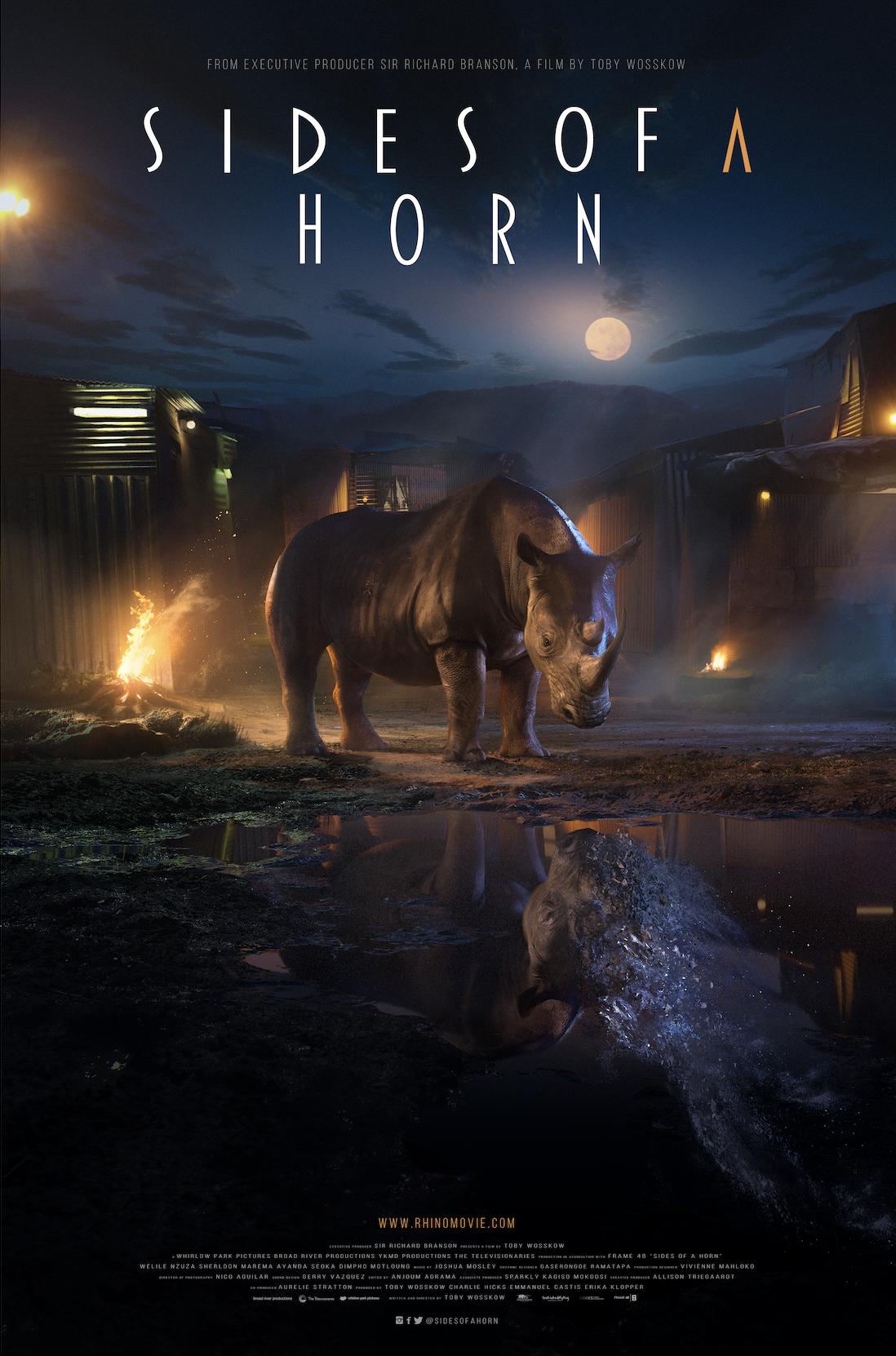

Since 2012, WildAid has worked to raise awareness of the rhino poaching crisis in Vietnam and China. Last year, WildAid launched a message from Kung Fu Panda’s Po, who asserts that “poaching steals from us all.” WildAid distributed Po’s messages via billboards, print and social media in China (including Taiwan and Hong Kong SAR), Vietnam, Thailand, South Africa and the United States.
There are signs that these campaigns are working. A survey in 2014 showed that prior to seeing WildAid PSAs featuring Jackie Chan or Yao Ming, 69% of Vietnamese residents believed that rhino horn had medicinal benefits. A 2016 survey found a drop to just 23%, a 66% decline. Furthermore, only 9.4% of respondents believed rhino horn could cure cancer, down from 34.5%.
On this World Rhino Day, join us in saying no to rhino horn. Together, we can stop rhino poaching and end the demand for rhino horn, because when the buying stops, the killing can too.
Stay in touch and get the latest WildAid updates.
SIGN UPAbout WildAid
WildAid is a non-profit organization with a mission to protect wildlife from illegal trade and other imminent threats. While most wildlife conservation groups focus on protecting animals from poaching, WildAid primarily works to reduce global consumption of wildlife products such as elephant ivory, rhino horn and shark fin soup. With an unrivaled portfolio of celebrity ambassadors and a global network of media partners, WildAid leverages more than $308 million in annual pro-bono media support with a simple message: When the Buying Stops, the Killing Can Too.
Journalists on deadline may email communications@wildaid.org
